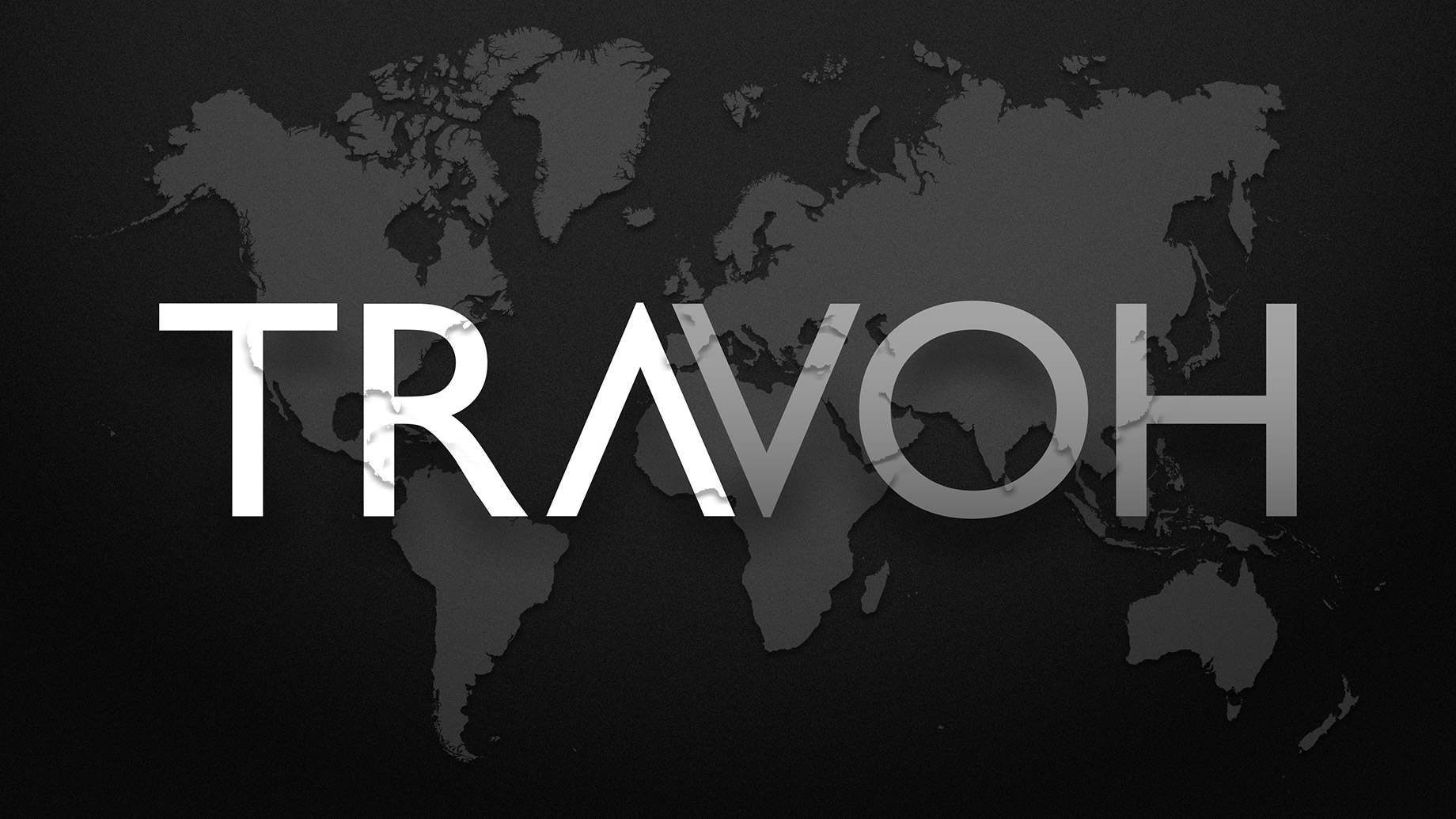
If you’re a travel writer, you know the importance of ranking high in search engine results. After all, higher rankings mean more clicks and more traffic to your website. But what you may not know is that there are specific things you can do to optimize your travel SEO efforts and help your articles rank even higher.
You want to get more traffic from search engines. You are doing a lot of things already, but you’re still not seeing the results you want.
Follow these seven simple tips by Australia guides, and optimize your travel SEO efforts for better results!
1. Choose the Right Keywords
Choosing the right keywords is essential for any travel SEO campaign. Keywords must be relevant to your destination and chosen carefully to ensure that your campaign is successful.
2. Optimize Your Website for Mobile Viewing
As more and more people use their mobile devices to search for information online, making sure your website is optimized for mobile viewing is essential. This means ensuring the design is responsive and easy to navigate on smaller screens and that your content is organized in a way that makes sense on mobile.
Optimizing your website for mobile will ensure that your visitors have a positive experience no matter how they access your site.
3. Add Local Information
One of the best things you can do is add local information to your website. This includes city and state in your title tags and Meta descriptions. You can also add a local map to your website, which can help users find your business more efficiently.
4. Include Photos and Videos
Attract travelers to your website or blog, including photos and videos. Travelers love seeing beautiful images and watching engaging videos, so make sure your content includes both. Also, optimize your photos and videos for SEO so they can be easily found online.
5. Use Social Media Sharing Buttons
To make your travel website more visible online, one of the best things you can do is add social media sharing buttons. This will allow visitors to your site to share your content on their social media profiles, which can help generate more traffic for your site. Make sure to add sharing buttons for all major social media platforms, including Facebook, Twitter, and Pinterest.
6. Use Google Analytics to Track Results
Google Analytics is a powerful tool that can help you track the results of your travel SEO efforts. By tracking things like page views, time on site, and bounce rate, you can get a good idea of your website’s performance and make changes accordingly. Plus, Google Analytics is free to use, so there’s no reason not to take advantage of it.
7. Avoid Using Automated Tools Too Much
If you’re running a travel website, you must avoid using automated tools too much. Sure, they can help you with some things, but if you rely on them too much, you’ll end up with a website that doesn’t reflect your brand. Travel is about personal experiences, so make sure your website reflects that.
Conclusion
In conclusion, following these seven tips will help to optimize your travel SEO efforts and improve your website’s ranking in search engine results pages. Implementing these strategies will help you attract more visitors to your site, which can lead to more bookings and conversions. So, what are you waiting for? Start optimizing your travel SEO today!
